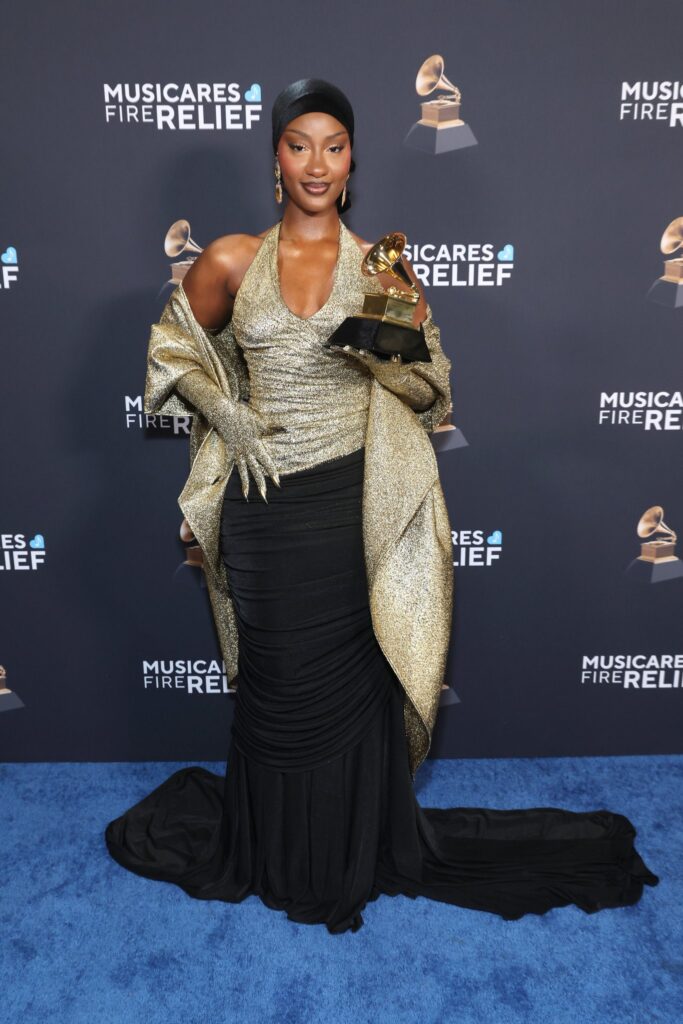Afrobeats, a genre that fuses traditional African rhythms with contemporary sounds, has rapidly risen globally in recent years. Nigerian artists, in particular, have been at the forefront of this movement, with milestones that highlight the expanding influence of the genre. However, as Afrobeats continues to break barriers, its recognition by major institutions like the Grammys raises an important question: Is this progress or mere tokenism?
Afrobeats’ Global Takeover
The influence of Afrobeats is undeniable, with Nigerian artists consistently making waves on international platforms. Two weeks ago, Nigerian singer Tems clinched her second Grammy Award for “Best African Musical Performance” with her hit Love Me JeJe. This accolade highlights the increasing recognition of Afrobeats within prestigious global awards. Similarly, Burna Boy’s electrifying performance at the UEFA Champions League final in June 2024 further presented the genre to millions worldwide, cementing its place in mainstream entertainment.

Beyond individual performances, Afrobeats’ global appeal is evident in international collaborations. Rema’s Calm Down featuring Selena Gomez became a global sensation, topping charts and earning nominations at different music awards. The song’s record-breaking success is another reflection of Afrobeat’s crossover appeal, proving that the genre is no longer just a regional phenomenon but a major player in the global music industry.
Industry Recognition: A Step Forward?
The inclusion of Afrobeats in international award categories, such as the Grammys and Billboard Music Awards, marks a significant shift in how African music is perceived on a global scale. For decades, African artists have struggled to gain mainstream recognition, with their music often sidelined in favor of Western genres. The introduction of dedicated Afrobeats categories acknowledges the genre’s impact and provides artists with more opportunities to be celebrated on prestigious platforms.
However, this newfound recognition also raises concerns about tokenism. While Afrobeats artists are gaining nominations and awards, the structural inequalities in the music industry remain. Many argue that merely creating an Afrobeats category at the Grammys is not enough; instead, African artists should be given equal opportunities to compete in major categories such as Album of the Year and Song of the Year. The risk of slamming Afrobeats into a niche category without giving its artists a fair chance in broader categories remains a critical issue.
Beyond Awards: The Cultural Impact
Afrobeats is more than just a genre; it is a cultural movement that represents African creativity and resilience. It tells stories of love, struggle, and triumph, deeply rooted in the continent’s rich musical traditions. As global audiences continue to embrace Afrobeats, the music must be recognized for its artistic merit rather than just being a trend.
Authentic appreciation of Afrobeat music means respecting its origins, amplifying the voices of African artists beyond awards, and ensuring that its cultural significance is preserved. While the genre’s rise on the international stage is a victory for African music, true progress will be measured by how well Afrobeats artists are integrated into the global music industry—not just through awards, but through equal opportunities, fair representation, and industry support.
